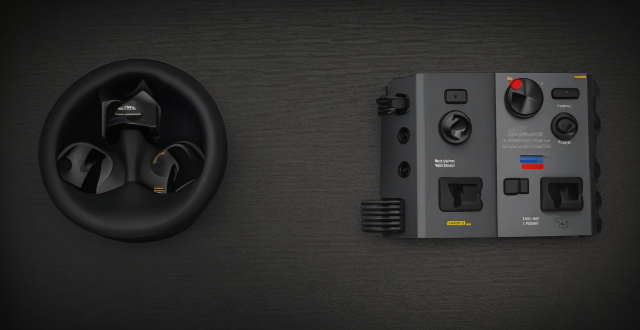A speed controller is a device that adjusts the electrical power supplied to an electric motor to change its speed. There are several types of speed controllers available for electric motors, including variable frequency drives (VFDs), DC motor controllers, and phase controllers. Using a speed controller has benefits such as energy efficiency, improved performance, extended motor lifespan, and enhanced safety.

Can a Speed Controller be Used to Control the Speed of an Electric Motor?
Yes, a speed controller can be used to control the speed of an electric motor. In fact, it is one of the most common ways to regulate the speed of an electric motor. A speed controller is a device that adjusts the electrical power supplied to a motor, thereby changing its speed. This can be achieved by varying the voltage, frequency, or current supplied to the motor.
Types of Speed Controllers for Electric Motors
There are several types of speed controllers available for electric motors, including:
- Variable Frequency Drives (VFDs): These devices control the speed of AC motors by varying the frequency and voltage of the electrical power supplied to them. VFDs are highly efficient and offer precise speed control.
- DC Motor Controllers: These devices control the speed of DC motors by varying the voltage or current supplied to them. DC motor controllers can be further classified into linear controllers, PWM controllers, and SCR controllers.
- Phase Controllers: These devices control the speed of single-phase AC motors by varying the amount of time during which power is supplied to the motor. Phase controllers are commonly used with resistive loads such as heaters and lamps.
Benefits of Using a Speed Controller
Using a speed controller for an electric motor has several benefits, including:
- Energy Efficiency: By controlling the speed of the motor, you can reduce energy consumption and save on electricity costs.
- Improved Performance: A speed controller allows you to optimize the performance of the motor for specific applications, such as reducing wear and tear on machinery or improving product quality.
- Extended Motor Lifespan: By avoiding sudden starts and stops, a speed controller can help extend the lifespan of the motor.
- Enhanced Safety: A speed controller can provide smooth acceleration and deceleration, reducing the risk of accidents caused by sudden changes in motor speed.
In conclusion, a speed controller is an essential tool for controlling the speed of an electric motor. By choosing the right type of speed controller for your application, you can improve efficiency, performance, safety, and extend the lifespan of your motor.